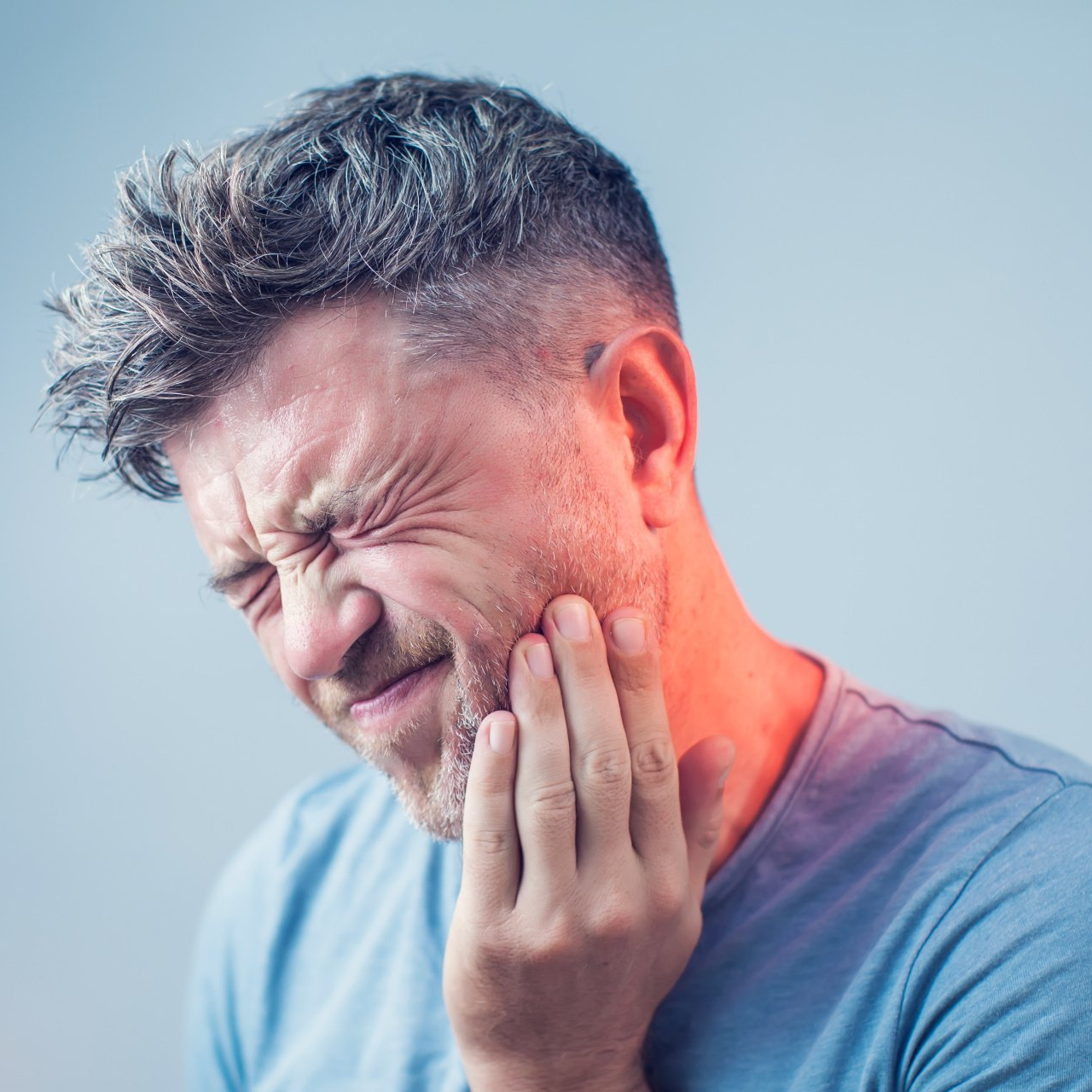In Case of
Emergencies

We Got You Covered
Dental emergencies can happen to anyone. Give us a call immediately to get the problem fixed as soon as possible.
Dental emergencies are never fun – or convenient. We’re here to help in your time of need. If you have a dental emergency during our business hours, please feel free to stop by our office and we will do our best to fit you in for an evaluation. If your emergency occurs after hours, call our office at (215) 536-4108 and our answering machine will provide you with our emergency contact information.
We understand that some dental issues and pain need to be dealt with promptly. Our emergency care line is available 24/7. If you are currently experiencing a dental emergency, we have provided some helpful information regarding common dental emergencies below.
Avulsed/knocked Out Tooth
More than 5 million teeth are knocked out annually. With proper care, you may be able to save the tooth. Avulsed/knocked out teeth can be replanted if you act quickly and follow these instructions:
- Find the tooth and handle it by the chewing part of the tooth. DO NOT GRAB THE TOOTH BY ITS ROOTS.
- If the tooth is dirty, clean it gently with your own saliva or whole milk. Do not rinse the tooth with water.
- Contact your dentist immediately. Ideally, you should get to your dentist within 30 minutes.
- If it is a baby/primary tooth that is avulsed, please call us immediately. Most likely, it will not need to be re-implanted.
Try to put the tooth back into the socket as soon as possible by gently biting down on gauze, a wet tea bag, or your own teeth. If the tooth is not staying in the socket you can put the tooth in a container and cover it with your saliva or milk, or alternatively, you can keep the tooth in your mouth between your lips and gums.
Chipped or Fractured Teeth
Chipped teeth that don’t cause pain are rarely considered a dental emergency. If you chip a tooth, contact our office or stop by as soon as possible. If you can locate the part of the tooth that broke off, collect the piece and immediately store it in a container of milk. Bring the tooth piece in the container of milk to your appointment.
Fractured or cracked teeth are considered a dental emergency. The trauma that caused the external crack usually indicates trauma within the tooth, as well. If you are experiencing pain or have a large, visible fracture on a tooth, contact us as soon as possible and follow these steps:
- Rinse your mouth thoroughly with warm water.
- Use gauze to apply pressure to any site of bleeding for 10 minutes or until the bleeding stops.
- Place a cold compress on any site where facial trauma may have occurred.
- Take an over-the-counter pain reliever, such as Advil/Ibuprofen to reduce pain. Follow the directions on the bottle.
Lost Filling or Crown
If your filling comes out and is not causing any pain, you can likely wait till normal office hours to contact us. If the pain is severe, call us as soon as possible.
Similar to a filling, if your crown comes out you are most likely able to wait until our normal office hours to be seen. However, if you are in pain, please call us immediately. If you still have the crown, attempt to place it back on the tooth. Toothpaste or Fixodent (denture adhesive) will help keep it in temporarily.
DO NOT USE SUPER GLUE. If you are unable to get the crown back on your tooth, place it in a container and bring it to your appointment.
Severe Toothache
Minor toothaches are common and you can typically schedule an appointment for them in the near future. However, if you are in severe pain, call us as soon as possible. We understand that severe tooth pain can make daily tasks, such as working, eating, and sleeping, close to impossible. If your toothache is not responding to over-the-counter pain medication, then it is considered a dental emergency. In the meantime, you can:
- Apply a hot or cold compress to the outside of your mouth.
- Rinse your mouth out with a saltwater solution to alleviate inflammation and eliminate bacteria.
- Use floss to remove any food that is stuck near the tooth
Tissue Injuries
For soft tissue injuries such as lacerations (cuts), the following steps should be taken to minimize the risk of pain or infection.
- Rinse the area thoroughly with warm water.
- With gauze, apply firm, gentle pressure for 15 minutes.
- Apply a cold compress to the outside of the affected area to control bruising and swelling.
- Contact us immediately if bleeding can't be controlled or if you have a large laceration associated with significant dental trauma (loss of a tooth, swelling).
